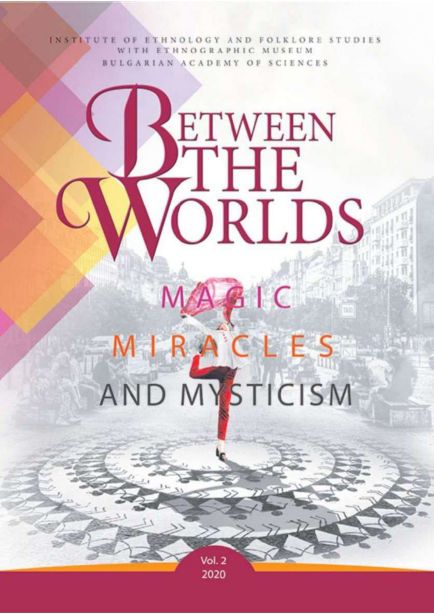The Empty Night Ritual in the Life of Modern Kashubians
The Empty Night Ritual in the Life of Modern Kashubians
Author(s): Maša Guštin, Natalia Wyszogrodzka-LiberadzkaSubject(s): Anthropology, Social Sciences, Fine Arts / Performing Arts, Customs / Folklore, Visual Arts, Cultural Anthropology / Ethnology, Culture and social structure
Published by: Институт за етнология и фолклористика с Етнографски музей при БАН
Keywords: Empty night; Kashubian custom; death rites; Kashubian demonology
Summary/Abstract: Empty Night (Pustô noc) is the Kashubian name for the ritual that takes place on the last night before the funeral of a deceased person when people gather in the dead man’s house to pray. After praying the rosary, they stay to chant special religious songs and watch over them until the morning. According to folk beliefs of the Kashubian region, the deceased stays permanently in the vicinity of his household until the funeral. When farewelled improperly, a person can return in the form of a demon/ghoul (wieszczi, òpi). Therefore, a prayer for the dead secures the peace of the living. The most common explanation for a modern man, who is not so keen on believing in supernatural/magical aspects of life, is that the repetition and monotony of singing bring relief to the participants of an Empty Night Ritual. The ritual, being gradually forgotten in modern times, has been recorded on the pages of belles-lettres and ethnographic books, depicted in documentary films and theatrical events. Additional material was collected from interviews with participants and eyewitnesses of such events.Empty Night (Pustô noc) is the Kashubian name for the ritual that takes place on the last night before the funeral of a deceased person when people gather in the dead man’s house to pray. After praying the rosary, they stay to chant special religious songs and watch over them until the morning. According to folk beliefs of the Kashubian region, the deceased stays permanently in the vicinity of his household until the funeral. When farewelled improperly, a person can return in the form of a demon/ghoul (wieszczi, òpi). Therefore, a prayer for the dead secures the peace of the living. The most common explanation for a modern man, who is not so keen on believing in supernatural/magical aspects of life, is that the repetition and monotony of singing bring relief to the participants of an Empty Night Ritual. The ritual, being gradually forgotten in modern times, has been recorded on the pages of belles-lettres and ethnographic books, depicted in documentary films and theatrical events. Additional material was collected from interviews with participants and eyewitnesses of such events.
Journal: Between the Worlds
- Issue Year: 2/2020
- Issue No: 2
- Page Range: 325-343
- Page Count: 19
- Language: English

